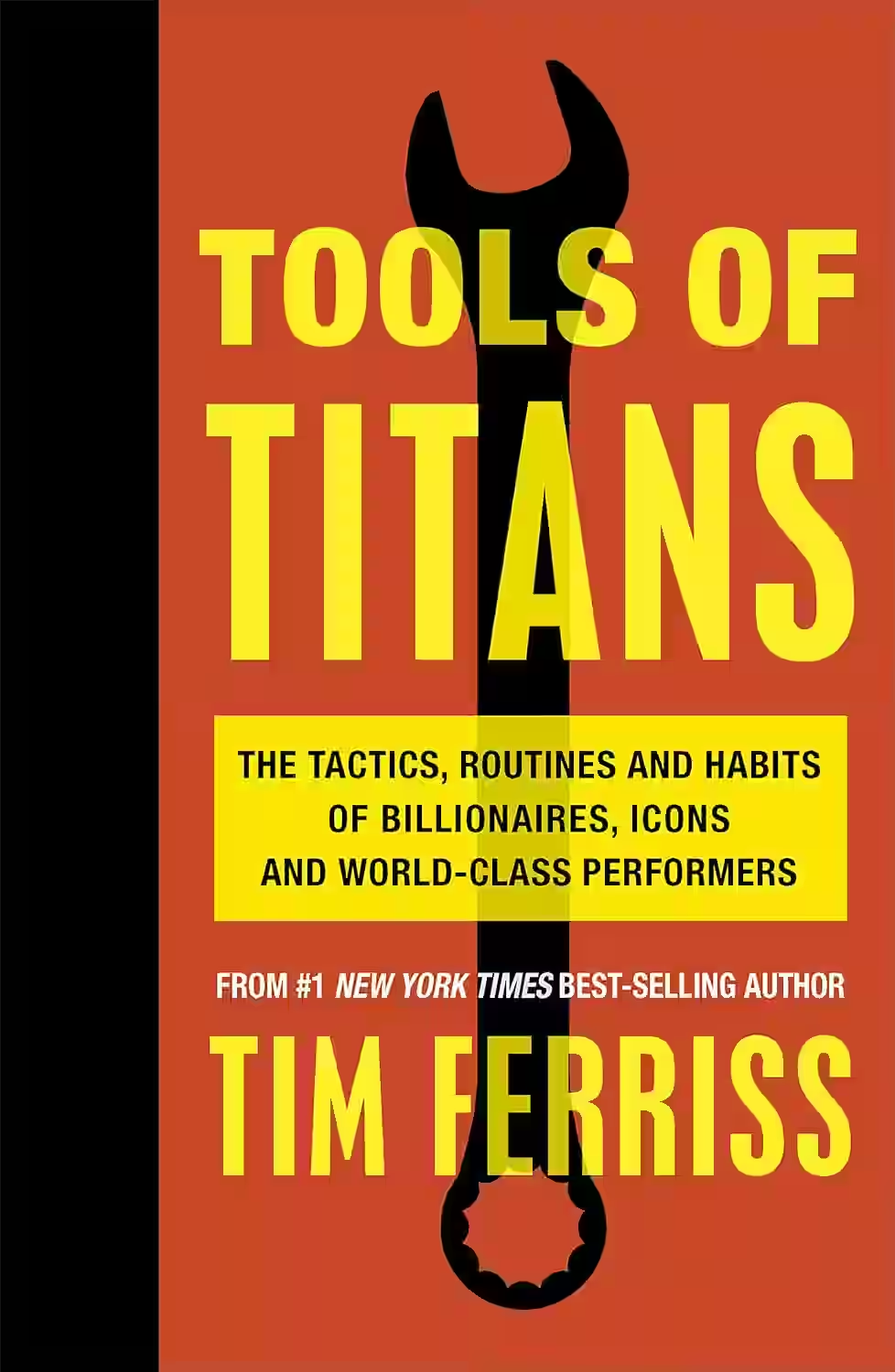
Based on his popular podcast The Tim Ferriss Show, this book compiles insights, habits, and tactics from top performers across business, sports, health, and entertainment. Divided into sections on health, wealth, and wisdom, Tools of Titans offers practical takeaways and life hacks. It’s a massive resource for anyone seeking self-optimization, personal growth, or unconventional strategies for success.
About Tim Ferriss
An American entrepreneur, author, and podcaster, renowned for his focus on "lifestyle design," productivity, and deconstructing success. His bestselling books, including The 4-Hour Workweek and Tools of Titans, offer unconventional strategies for optimizing performance, learning new skills, and achieving financial and personal freedom. Ferriss's experimental approach and emphasis on effectiveness have made him a leading figure in the self-improvement and entrepreneurship spaces.
Other Books by Tim Ferriss
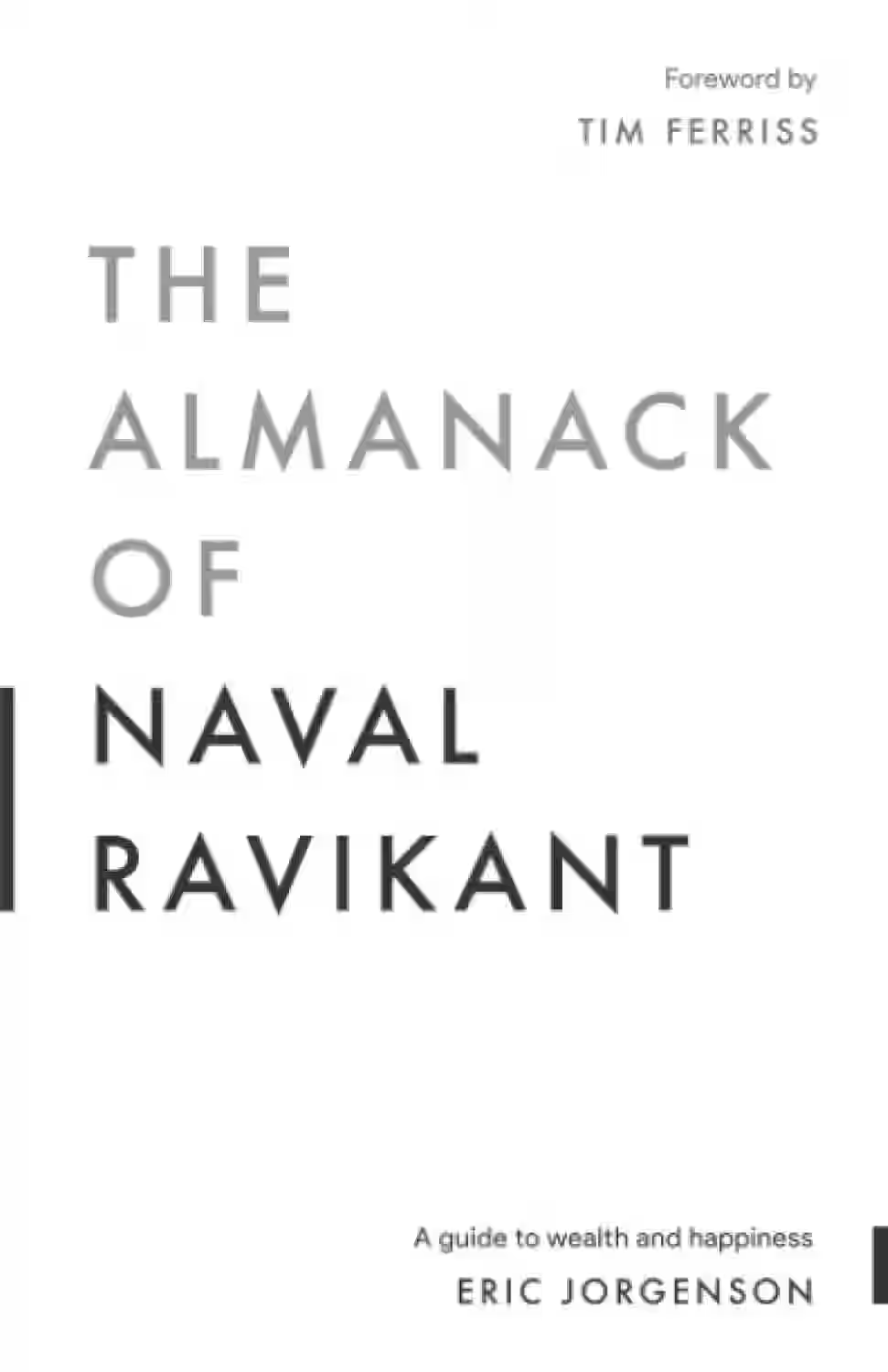
The Almanack of Naval Ravikant
by Eric Jorgenson, Jack Butcher, Tim Ferriss
This curated guide distills Naval Ravikant’s wisdom on wealth, happiness, and self-improvement, drawn from his tweets, podcasts, and essays. It blends philosophy, mental models, and practical advice for living a rich life—both materially and emotionally. The Almanack encourages clear thinking, long-term decision-making, and personal freedom, becoming a go-to for entrepreneurs and thinkers.
Similar Books
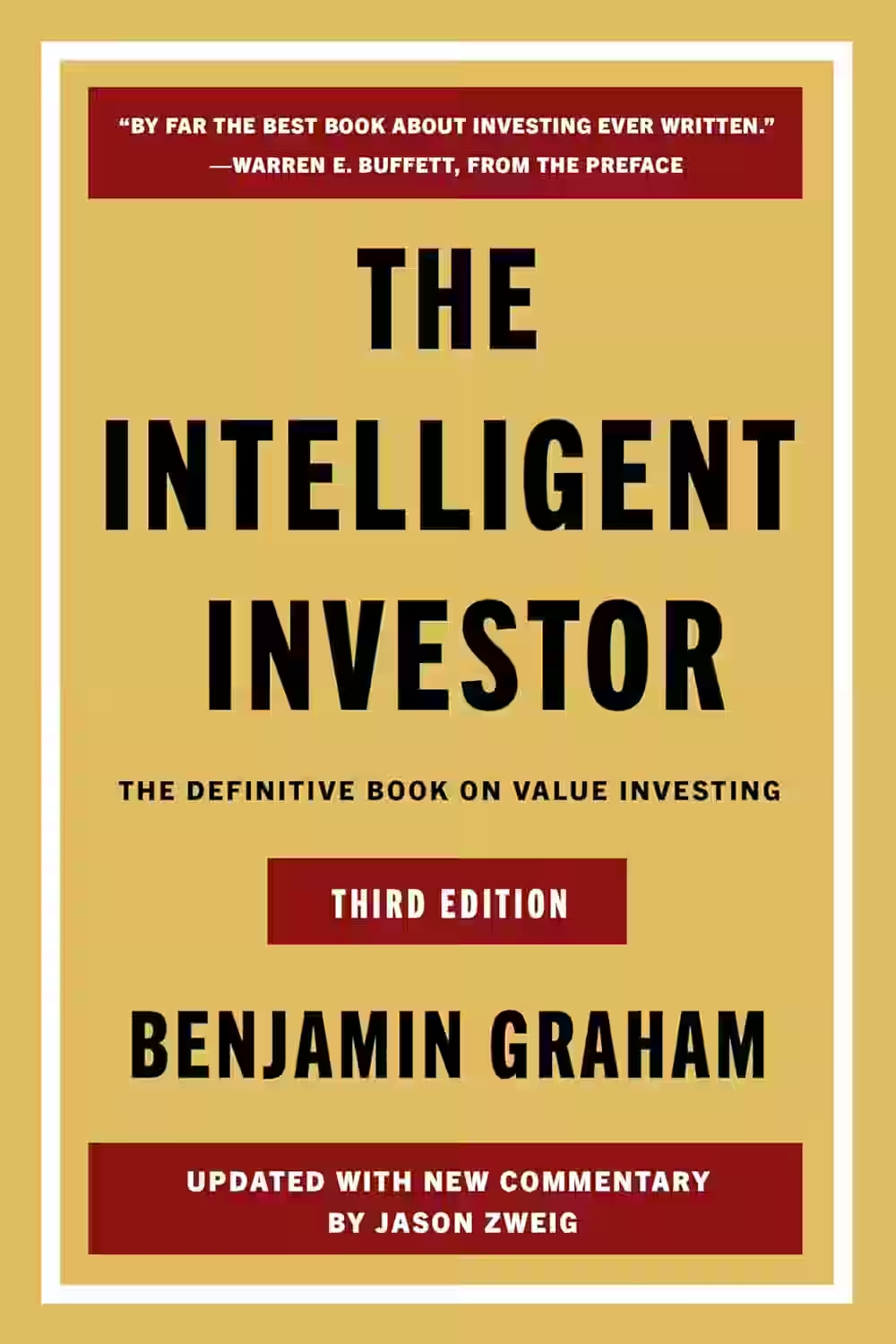
The Intelligent Investor
First published in 1949, The Intelligent Investor by Benjamin Graham is a foundational text on value investing and long-term financial strategy. Graham, known as the father of value investing, teaches readers how to analyze stocks with a focus on intrinsic value, margin of safety, and disciplined decision-making. The book distinguishes between “investing” and “speculating,” urging caution, patience, and rational thinking. With commentary by Jason Zweig in modern editions, the book remains a timeless guide for both novice and experienced investors. Its core message—that emotional control and sound principles are key to investment success—has influenced generations, including Warren Buffett.
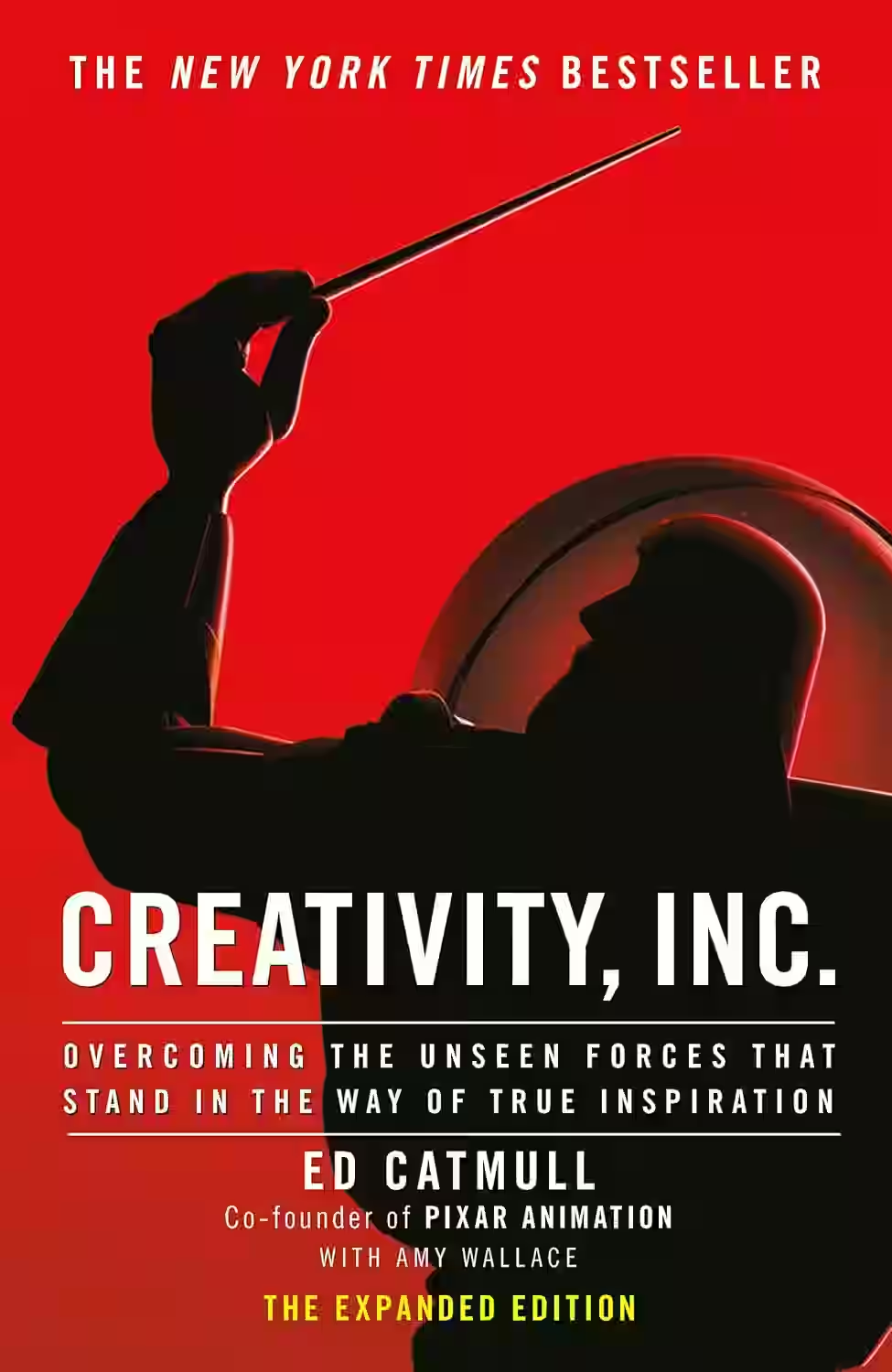
Creativity, Inc.
by Ed Catmull
Ed Catmull, co-founder of Pixar, offers an insider’s guide to building a creative culture. Through stories from the making of beloved films like Toy Story and Finding Nemo, Catmull reveals how Pixar nurtures innovation while maintaining excellence. He discusses leadership, collaboration, and the importance of candor in creative work. Central to the book is the idea that protecting creativity requires careful management of failure and feedback. Creativity, Inc. is not just a memoir—it’s a manual for leading with purpose, whether you’re in animation, tech, or any field requiring bold ideas and inventive teams.
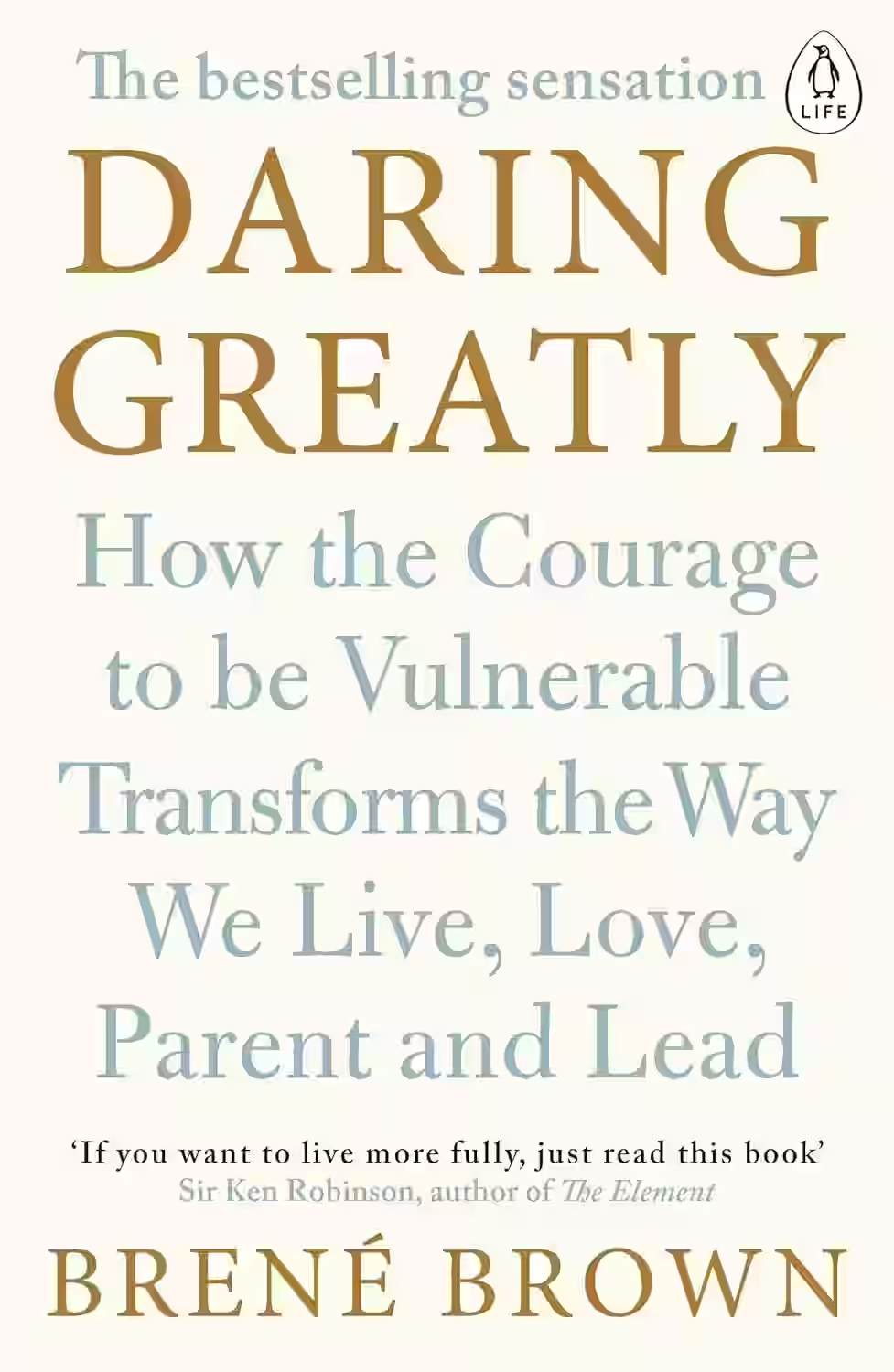
Daring Greatly
by Brene Brown
In Daring Greatly, Brené Brown challenges conventional beliefs about vulnerability, arguing that it is not a weakness but a powerful source of courage, creativity, and connection. Drawing from years of research, she explores how the fear of shame and failure holds us back in relationships, parenting, work, and leadership. Brown encourages readers to embrace vulnerability as the path to a more authentic and wholehearted life. The book is a compelling call to show up fully and engage with the world, even when it feels uncomfortable. It’s a guide to building resilience, trust, and true belonging through emotional honesty.
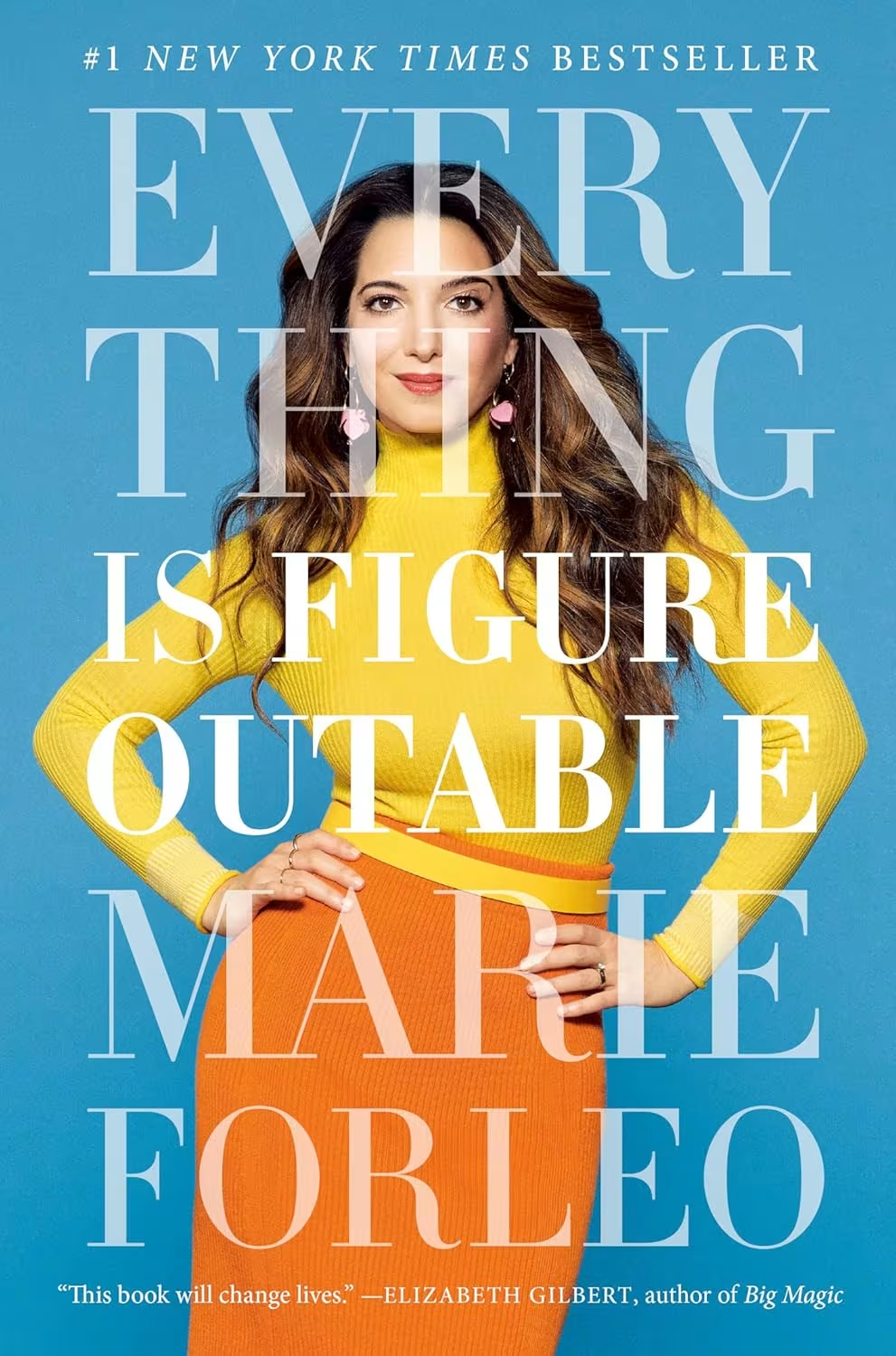
Everything Is Figureoutable
by Marie Forleo
In 'Everything Is Figureoutable,' Marie Forleo delivers an empowering guide that encourages readers to transform their mindset and approach challenges with a can-do attitude. The book is rooted in the simple yet profound belief that every problem can be solved with a strong will and a resourceful mindset. Combining personal anecdotes, actionable advice, and practical exercises, Forleo demystifies common life obstacles and offers a blueprint for cultivating resilience and creativity. Her engaging writing style, coupled with her personal insights, makes the book both inspirational and accessible. Ideal for anyone looking to break through barriers and achieve personal and professional growth.